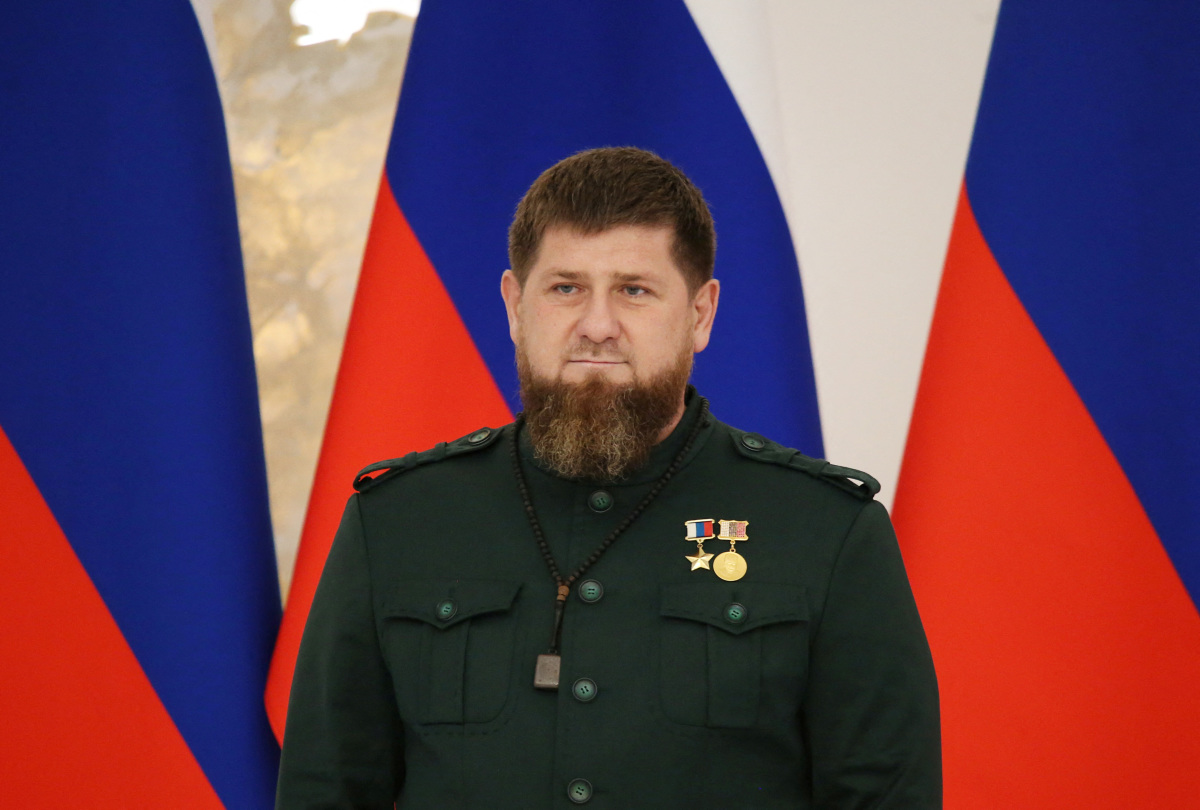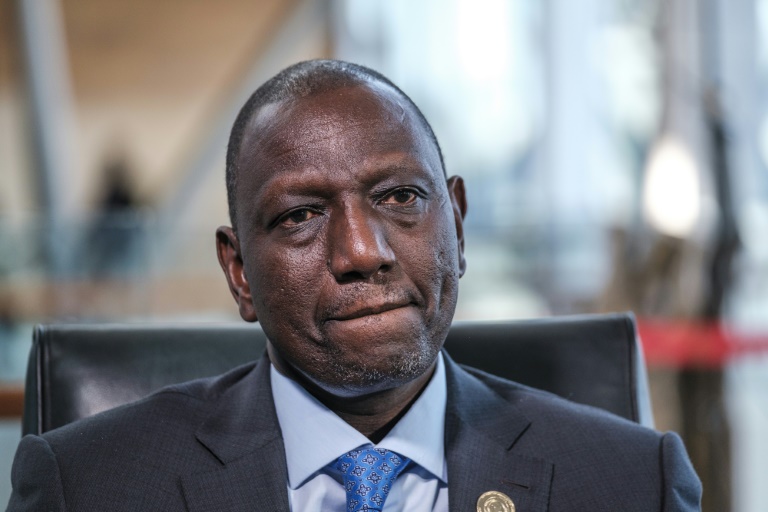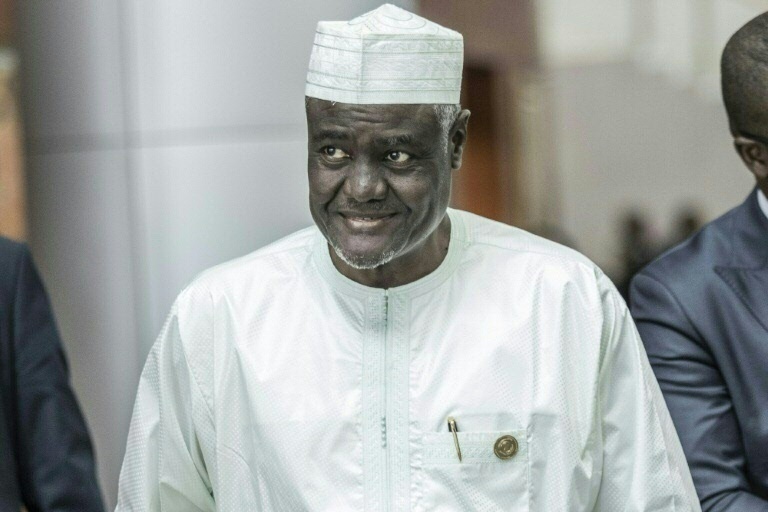Reuters
Ramzan Kadyrov, the ally of President Vladimir Putin who leads Chechnya, said on Sunday that he one day planned to set up his own private military company in the style of Yevgeny Prigozhin’s Wagner Group of mercenaries.
The rise of Wagner and other mercenary forces outside the traditional Russian military command structures has raised concerns among Western diplomats that such groups could one day pose a threat to stability in Russia.
In a post on Telegram, Kadyrov said Wagner, which has been fighting alongside Russian troops in Ukraine, had achieved “impressive results” and that private military companies were a necessity.
“We can say confidently that Wagner has shown its mettle in military terms and drawn a line under discussions about whether or not such private military companies are needed,” said Kadyrov, who has led the Chechen Republic since 2007.
“When my service to the state is completed, I seriously plan to compete with our dear brother Yevgeny Prigozhin and create a private military company. I think it will all work out,” said Kadyrov, 46.
Kadyrov and Prigozhin both lead forces in Ukraine largely autonomously of Russia’s military command and are staunch allies of Putin, but they have also spoken out in public against the military leadership.
The Wagner Group played an increasingly prominent role in Russia’s war in Ukraine, spearheading a months-long assault on the Donetsk region town of Bakhmut.
Kadyrov, the son of former Chechen President Akhmad Kadyrov who was assassinated in a 2004 bombing in Grozny, has formed a tacit alliance with Prigozhin, amplifying each other’s criticism of Russia’s military top brass and calling for more vigorous prosecution of the conflict.
Prigozhin, who spent the final decade of the Soviet Union in prison for robbery and fraud, was for years an associate of Putin.
His catering group swept up government contracts, earning him the nickname of “Putin’s Chef”, while he deployed Wagner mercenaries to fight alongside Russian servicemen in Syria and to conflicts across Africa to advance Russia’s geopolitical interests.
After years of denials, he last year admitted his links to Wagner and said he had interfered in U.S. elections.
Mounting evidence suggests the Kremlin has moved to curb what it sees as Prigozhin’s excessive political clout, ordering him to halt his public criticism of the defence ministry while advising state media to stop mentioning him or Wagner by name.
Kadyrov said such groups were “both needed and necessary”.
(Writing by Caleb Davis; Editing by Guy Faulconbridge and David Holmes)







